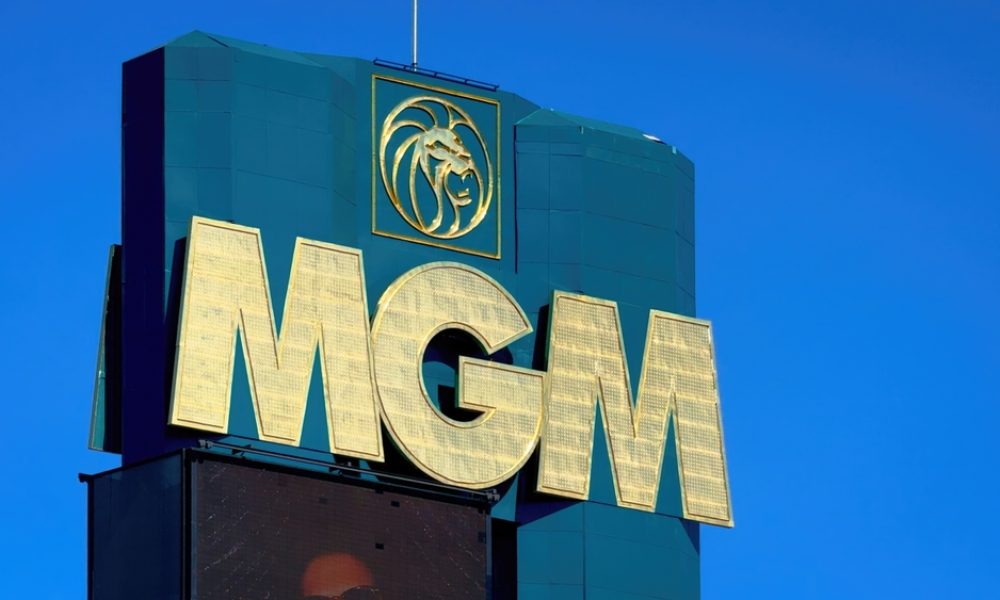
MGM Resorts Fined $8.5M for Anti-Money Laundering Violations by Nevada Regulators
Date: April 22, 2025
Author: Bence Bokor
Estimated Reading Time: 5 minutes
Overview: MGM Resorts Hit with Multi-Million Dollar Fine
MGM Resorts International has agreed to pay an $8.5 million fine to the Nevada Gaming Control Board (NGCB) over a series of anti-money laundering (AML) violations connected to two illegal bookmakers. This settlement follows a previous $7.45 million federal fine and marks another major compliance setback for one of the world’s leading casino operators.
Details of the Complaint and Settlement
On April 17, 2025, the NGCB filed a 10-count complaint against MGM related to AML failures at MGM Grand and The Cosmopolitan, two prominent casinos on the Las Vegas Strip. The violations center around two illegal bookmakers: Wayne Nix and Mathew Bowyer, who operated illegal gambling rings while allegedly being knowingly permitted to gamble at MGM properties.
The Nevada Gaming Commission (NGC) is expected to finalize the settlement during its April 24 meeting.
Bookmakers at the Center of the Scandal
Nine of the ten NGCB counts relate to Wayne Nix, while the tenth involves Mathew Bowyer. MGM executives, including former MGM Grand president Scott Sibella, allegedly allowed the bookmakers to continue gambling despite knowledge of their illegal funding sources. In many instances, cash payments and gambling markers went unreported, violating AML rules.
Bowyer, a central figure in multiple investigations, is also tied to other high-profile incidents, including the case of Ippei Mizuhara, Shohei Ohtani’s former interpreter, who was sentenced to nearly five years in prison for embezzling $17 million to fuel gambling debts with Bowyer’s operation.
A Pattern of Regulatory Failures
The MGM fine is part of a broader AML crackdown across Las Vegas casinos. Notably, Resorts World Las Vegas (RWLV) recently paid a $10.5 million settlement for related infractions involving Bowyer, who was also linked to hiring his wife as a personal host, raising additional ethical concerns.
MGM's failure was particularly egregious given that suspicions about Bowyer had been documented internally as early as 2015, yet no action was taken by key marketing and host staff, a violation of the company’s own compliance procedures.
Leadership Under Scrutiny
The scandal has prompted greater scrutiny of leadership within Las Vegas’s gaming industry. Sibella, who left MGM in 2019 to lead RWLV, was later terminated for unrelated policy violations. Several former MGM executives, including Jim Murren, Brian Sandoval, and Michelle DiTondo, now sit on the RWLV board, raising questions about governance and accountability.
MGM’s Official Response
MGM Resorts issued a public statement acknowledging the regulatory concerns and affirming its commitment to strengthening AML safeguards:
“MGM Resorts takes its compliance responsibilities seriously and cooperated fully with the Nevada Gaming Control Board to resolve this matter. The company has made substantial investments to build one of the industry’s strongest anti-money laundering programs…”
MGM CEO Bill Hornbuckle reinforced the message during the East Coast Gaming Congress, emphasizing ongoing communication with regulators and citing isolated lapses by “rogue employees.”
The Bigger Picture: AML Enforcement in Las Vegas
MGM’s $8.5 million penalty now ranks as the fourth-largest in state history. It comes amid rising concerns over money laundering risks in the Las Vegas casino market:
Wynn Resorts holds the top fine record: $20 million in 2019 over misconduct by founder Steve Wynn.
Wynn Las Vegas also forfeited $130 million to federal authorities in 2023 due to global money transmission violations.
The evolving regulatory landscape reflects a zero-tolerance stance on AML compliance. Casinos failing to implement rigorous internal controls now face escalating financial and reputational consequences.

